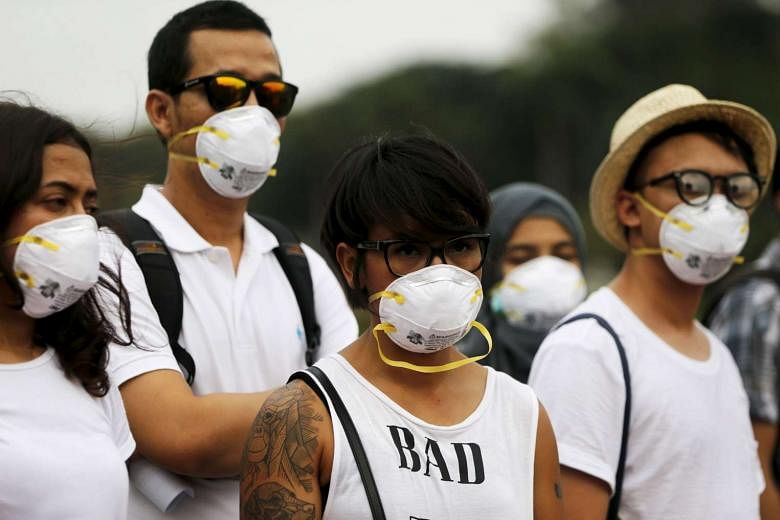In its editorial on Nov 27, 2015, The Jakarta Post applauds the decision of five of Indonesia's largest banks to lend to sustainable projects.
The Financial Services Authority (OJK), in cooperation with the World Wildlife Fund (WWF), has succeeded in getting five of Indonesia's largest banks to commit to not lending to companies found guilty of damaging the natural environment.
Environmentally friendly lending is a key part of what the financial services industry calls "green banking".
Within the overall economy this principle is called the "green economy" or "green growth".
The green economy also gives rise to other, related terminology in various economic sectors, such as "blue fishing" in the maritime sector, which encompasses the principles of sustainable development through environmental, social and economic best practices.
This campaign has been designed to unleash market forces to strengthen adherence to the principles of sustainable development.
Virtually all governments have issued regulations to uphold the principles of sustainable development.
But, in many developing countries, the movement is still lacking due to a combination of inadequate institutional capacity and corruption.
In developed countries' financial markets, notably in the US and Europe, a discipline called "sustainable, responsible and impact investing" (SRI) has been promoted among institutional investors and private equity funds, and the investment funds managed under SRI principals have reached trillions of dollars.
Budi Sadikin, the president of state-owned Bank Mandiri, the country's largest bank, acknowledged that banks that implemented the principles of green banking had better access to international funds because many giant institutional investors had refrained from investing in companies whose operations damaged the environment.
The US$900 billion (S$1,267 billion) Norwegian sovereign fund, for example, is well known for its tough ethical charter, especially in extractive industries, in selecting investment products and in choosing companies to invest in.
Another market force, consumer organisations, has also been used increasingly to promote the principles of sustainability.
Various sustainability certification schemes have been created for such natural resources as forests and agricultural produce.
The Indonesian Sustainable Palm Oil system and the Roundtable on Sustainable Palm Oil are two such schemes.
Consumer demand for sustainably produced products can be an extremely powerful force to drive changes in the market and create of more sustainable and transparent supply chains.
Many retailers are now working hard to establish sustainable and environmentally friendly practices throughout their business operations, from recycling and energy conservation to ensuring sustainable supply chains for commodities such as palm oil and timber, but it is important to remember that the success of these initiatives depends on consumer support.
The global trend toward sustainability can no longer be reversed. In fact the global campaign for a clean environment will receive another boost on Sunday (Nov 29) at the climate change summit in Paris.
This two-week conference will again demand stronger pledges from both governments and civil society organisations to reduce carbon emissions by updating the product development process and educating consumers.
The Jakarta Post is a member of The Straits Times media partner Asia News Network, a grouping of 22 newspapers seeking to promote coverage of Asian affairs.

